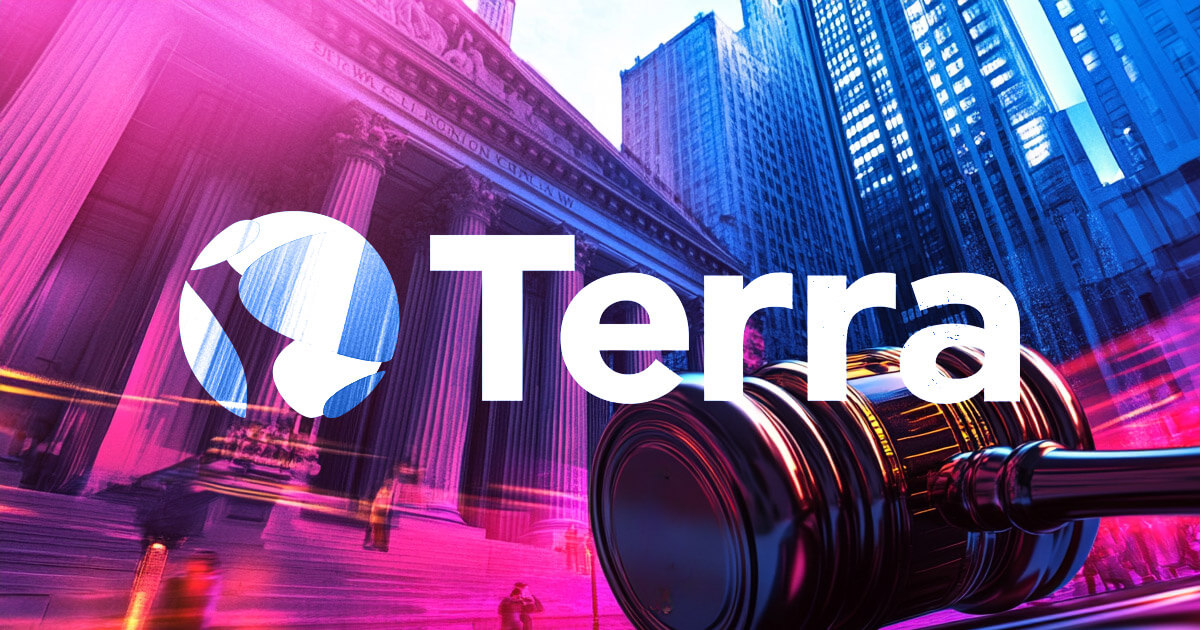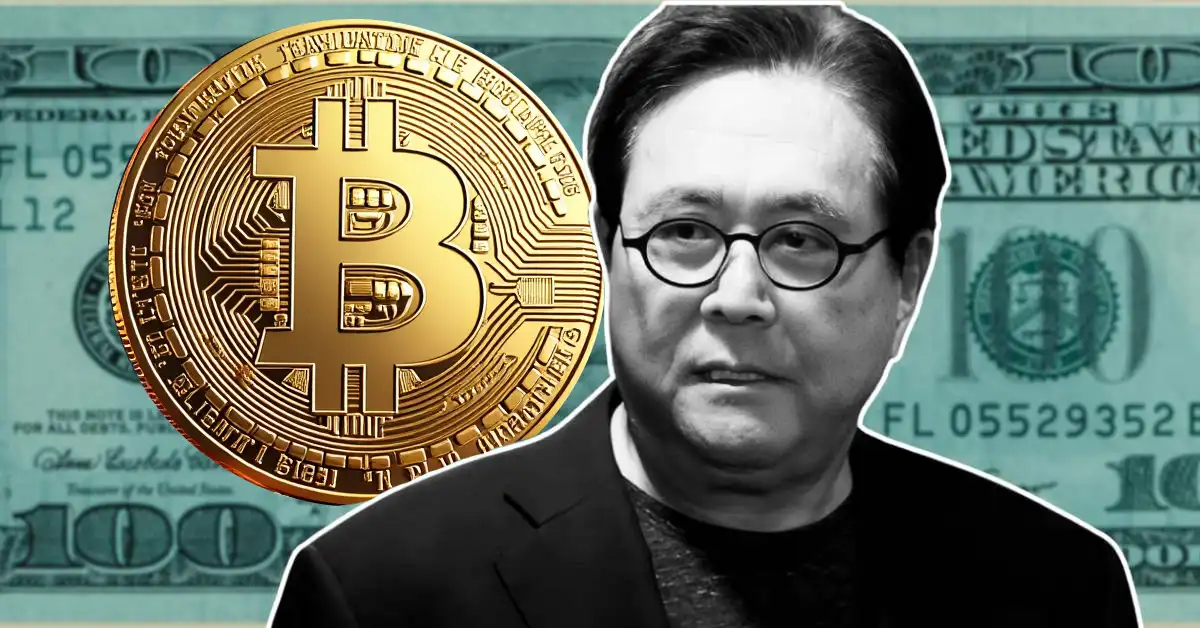Biden administration opposes H.R. 4763 while threatening veto on H.J. Res. 109 amidst crypto regulatory controversies.
In a week marked by significant developments in the cryptocurrency regulatory landscape, the Biden Administration has made clear its opposition to two key legislative actions affecting the digital asset market. These actions include the passing of H.R. 4763, the Financial Innovation and Technology for the 21st Century Act, by the House of Representatives, and the progression of H.J. Res. 109, a joint resolution aimed at overturning the Securities and Exchange Commission’s (SEC) Staff Accounting Bulletin No. 121 (SAB 121).
Opposition to H.R. 4763
H.R. 4763, spearheaded by Rep. Thompson (R-PA) and co-sponsored by eleven other representatives, seeks to reshape the regulatory framework for digital assets in the United States. The bill passed the House on May 23, 2024, reflecting a concerted effort by lawmakers to address the burgeoning sector of digital currencies and assets.
However, the Biden Administration has voiced strong opposition to the bill in its current form. A statement from the administration underscored the need for a more balanced approach that incorporates comprehensive consumer and investor protections. The administration expressed its willingness to collaborate with Congress on developing legislation that not only fosters innovation but also ensures robust safeguards. The statement emphasized that further time and discussion are required to achieve a regulatory framework that adequately protects participants in the digital asset market.
Veto Threat on H.J. Res. 109
Simultaneously, the administration issued a statement threatening to veto H.J. Res. 109 if it reaches the President’s desk. This joint resolution, introduced by Rep. Mike Flood (R-NE) and co-sponsored by Rep. Wiley Nickel (D-NC), aims to nullify SAB 121 under the Congressional Review Act. SAB 121, issued by the SEC, mandates that financial institutions and firms holding digital assets like cryptocurrencies must record these assets on their balance sheets. This requirement has been deemed cost-prohibitive by many regulated entities, potentially limiting their ability to offer crypto custody services.
While H.R. 4763 has a chance of becoming law, H.J. Res. 109 will be vetoed the Biden administration says.
H.J. Res. 109 passed the House on May 8, 2024, with a vote tally of 228 in favor (207 Republicans and 21 Democrats) and 182 against (all Democrats). Proponents argue that overturning SAB 121 will facilitate greater access to crypto services through regulated entities by removing the balance sheet constraint, thereby enhancing consumer protection.
However, the Biden Administration strongly opposes the resolution, asserting that it would disrupt the SEC’s efforts to safeguard investors and maintain financial stability within the crypto-asset markets. The administration highlighted that SAB 121 was a response to technological, legal, and regulatory risks that have previously led to significant consumer losses. Nullifying this bulletin, according to the administration, would undermine the SEC’s capacity to implement necessary guardrails and manage future risks in the crypto market.
Legislative Implications
As H.J. Res. 109 moves to the Senate for consideration, the potential for a presidential veto adds a layer of complexity to the legislative process. The administration’s firm stance on both H.R. 4763 and H.J. Res. 109 underscores the critical balance between fostering financial innovation and ensuring comprehensive regulatory oversight.
The outcomes of these legislative actions will significantly shape the future of digital asset regulation in the United States, influencing how institutions manage, custody, and innovate within the crypto space. As lawmakers, regulators, and industry stakeholders continue to navigate these challenges, the need for a collaborative and balanced approach remains paramount.
For now, the administration’s clear opposition signals a cautious and measured path forward, prioritizing consumer protection and market stability amidst the rapid evolution of digital financial technologies.
Credit: Source link















































